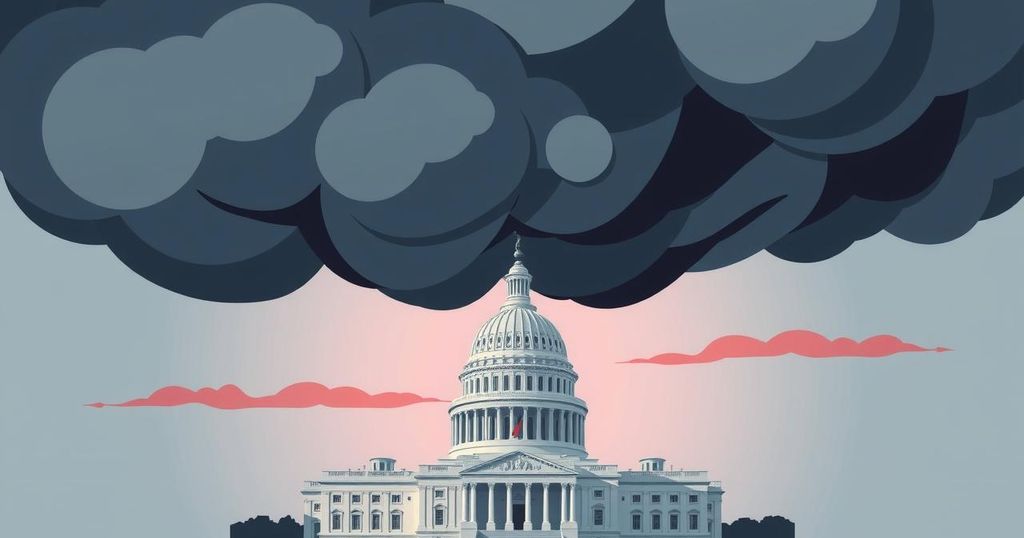Kurdish Insurgent Group PKK Declares Cease-Fire Amidst Ongoing Conflict with Turkey
The PKK has announced a cease-fire following a call from its imprisoned leader, Abdullah Ocalan, to disarm. This decision raises hopes for ending a violent conflict that has spanned over 40 years. However, crucial questions about enforcement, negotiations, and assurances from Turkey remain unanswered.
The PKK, a Kurdish insurgent group, has announced a cease-fire in its long-standing conflict with Turkey, following a call from its founder and imprisoned leader, Abdullah Ocalan, for disarmament and disbandment. This announcement arrives amidst growing hopes of resolving a conflict that has spanned four decades and resulted in the loss of tens of thousands of lives.
The cease-fire, declared to take effect immediately, comes with a request for Ocalan’s release to oversee the organization’s dissolution. Should the PKK disband, it would significantly diminish a major security challenge for Turkey, presenting a political victory for President Recep Tayyip Erdogan, and potentially paving the way for peace in the region inhabited by Kurdish populations.
Nonetheless, uncertainties persist regarding the implications of this cease-fire. Questions remain as to whether Turkey will halt military operations targeting the PKK, who will be responsible for monitoring any truce, and the fate of PKK fighters who may surrender. Furthermore, it is unclear what concessions, if any, the Turkish government has offered in exchange.
A cease-fire could enable Kurdish factions to engage in internal discussions and hold local congresses to develop a democratic approach moving forward—a goal expressed by Kurdish leaders in Turkey and Syria. This unfolding situation merits careful observation as stakeholders navigate the complexities involved.
The PKK’s declaration of a cease-fire represents a significant step towards potentially resolving a lengthy and violent conflict with Turkey. However, key uncertainties regarding enforcement and negotiations with the government persist. The outcome will depend heavily on subsequent actions from both the PKK and Turkish authorities, which could shape the future of peace negotiations in the region.
Original Source: www.nytimes.com




Post Comment